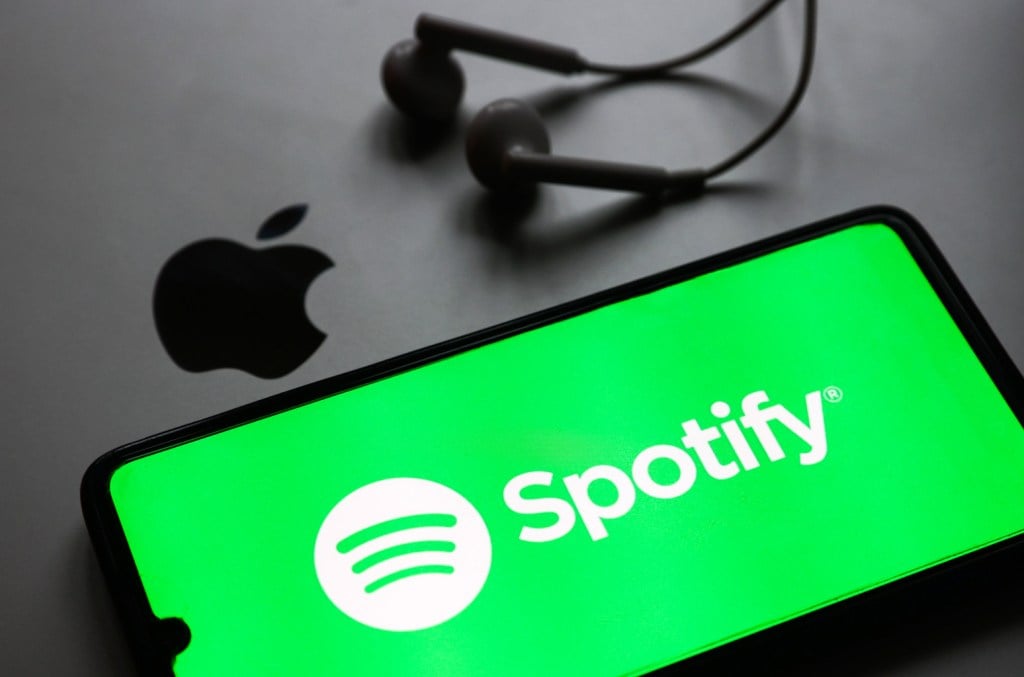When Bloomberg reported that Spotify would be upping the cost of its premium subscription from $9.99 to $10.99, and including 15 hours of audiobooks per month in the U.S., the change sounded like a win for songwriters and publishers. Higher subscription prices typically equate to a bump in U.S. mechanical royalties — but not this time.
By adding audiobooks into Spotify’s premium tier, the streaming service now claims it qualifies to pay a discounted “bundle” rate to songwriters for premium streams, given Spotify now has to pay licensing for both books and music from the same price tag — which will only be a dollar higher than when music was the only premium offering. Additionally, Spotify will reclassify its duo and family subscription plans as bundles as well.



What would be wrong with a model where artists had their own website where they could distribute their music? That’s what Faircamp does. Then people could actually download it, rather than use a companies crappy client with DRM.
I was referring to the sharding that happened with video streaming services. It used to be Netflix had mostly everything, in the start, similar to Spotify. Now there are services per publisher that contain their own catalogues.
Fuck. That.
So you’d rather a monopoly?
Spotify isn’t the only service currently.
Like I said in my op: it’s good service for the consumer. It might not be if enshittification ensues.
But compared to video streaming, it’s awesome.
The issue isn’t the service model, but the capitalistic shit behind it, that attempts to maximize profits instead of paying artists fairly.
Are you seriously throwing might into this sentence?
I suppose you could say when you throw a ball up in the air it might come back down but that is kind of being disingenuous isn’t it.
Here’s another thought, doesn’t it impact the quality of the service for the consumer if the workers doing the labor to create the substance of the service, the basic thing that gives the service value to customers, are not being rewarded in a sustainable fashion for their time and labor?
Do you really think all your favorite artists are going to keep cranking out music in this environment? More importantly, do you think your favorite artists would have ever been able to invest the time and effort to get big enough to become that 1% of the successful musicians if the environment they began in was as hostile towards musicians earning money as it is now?
The amount of quality recorded music being released is going to plummet as musicians just stop bothering to do it. We will look back on the 2000s-2010s as a golden era where music production tools were distributed and affordable but venture capital hadn’t yet destroyed the ability of up and coming recording artists and audio engineers to actually devote the time and focus to becoming professional.
.
No, dude… Spotify doesn’t have exclusive streaming rights to its music
They were talking about how each publisher was making their own streaming service as if the solution would be to have them all under one roof aka a monopoly.